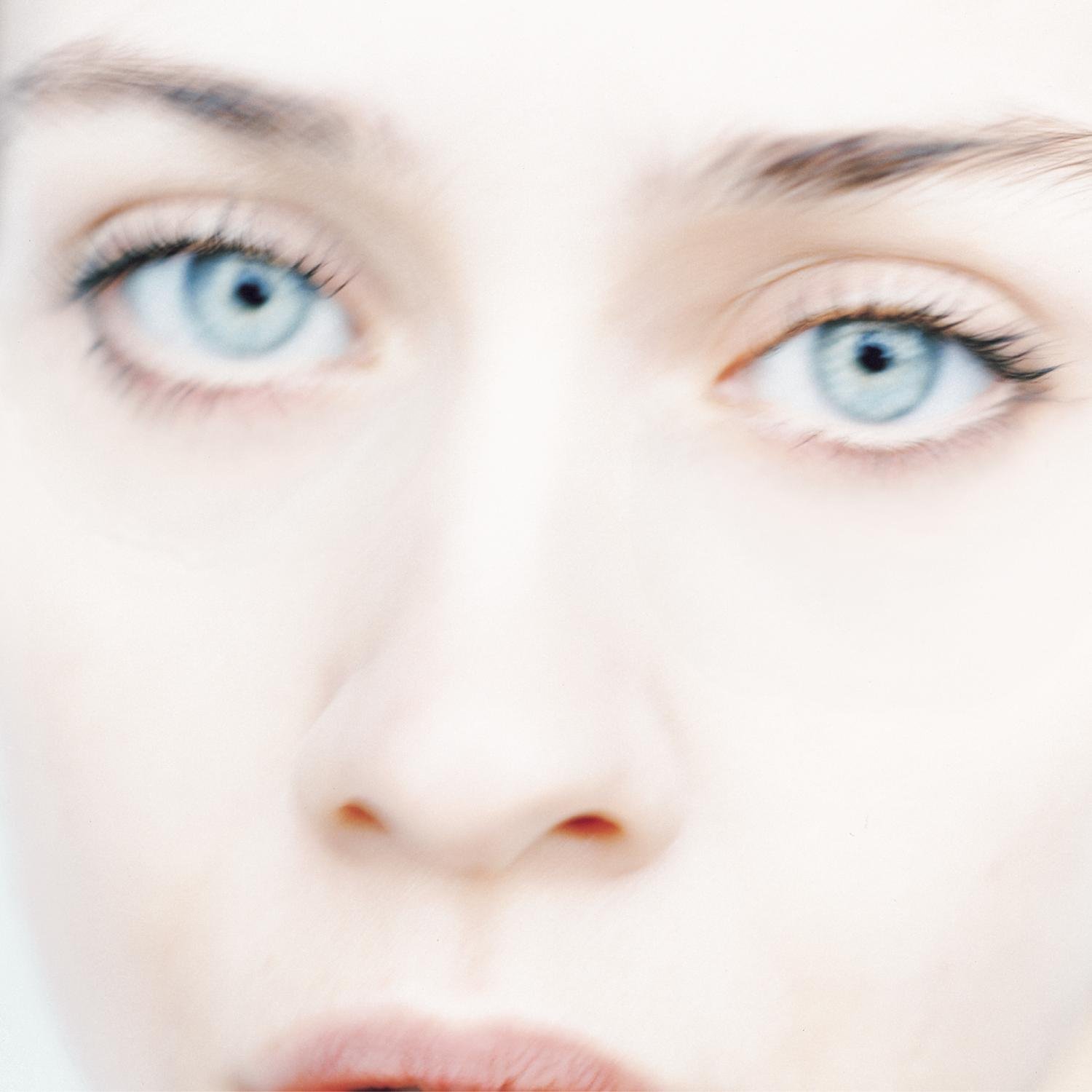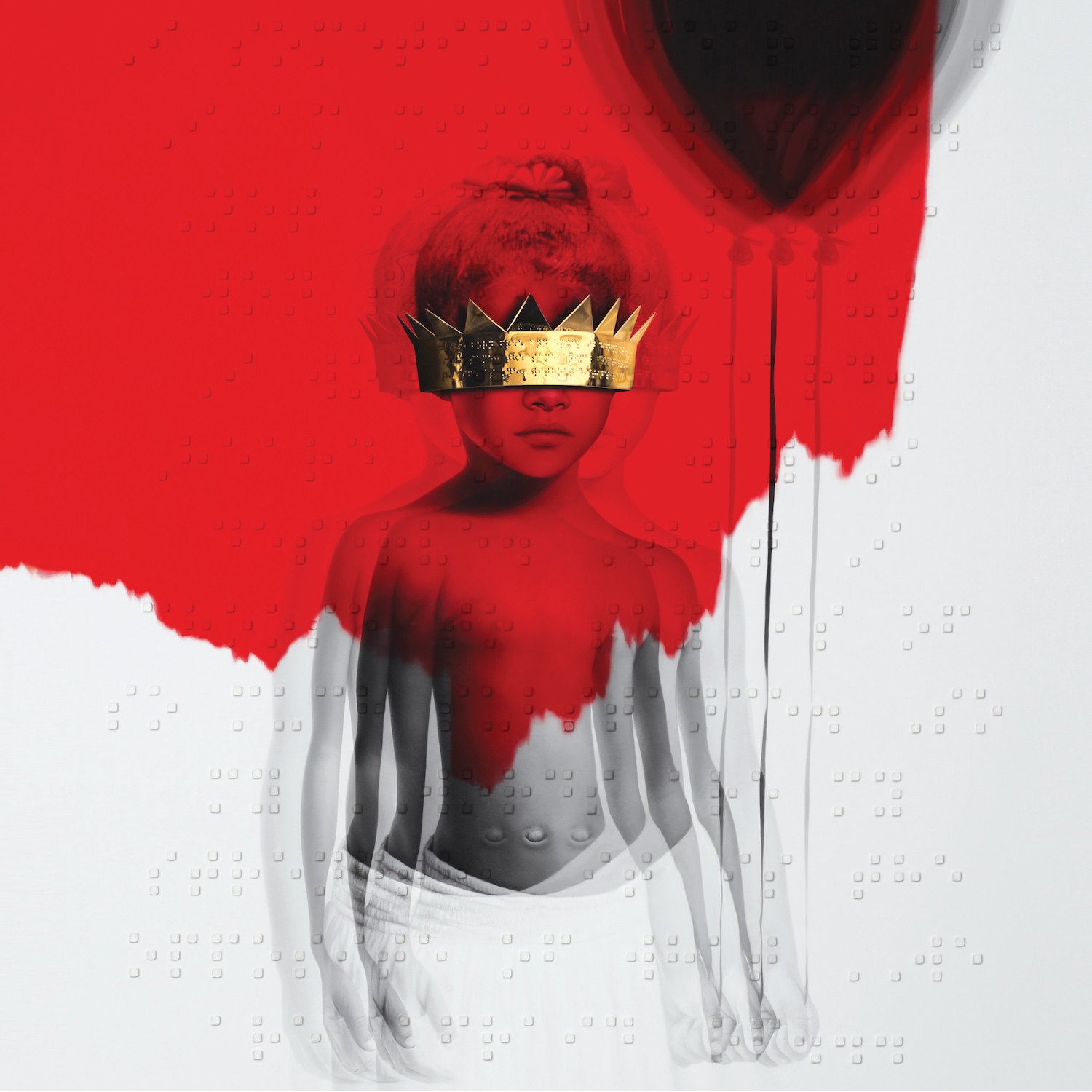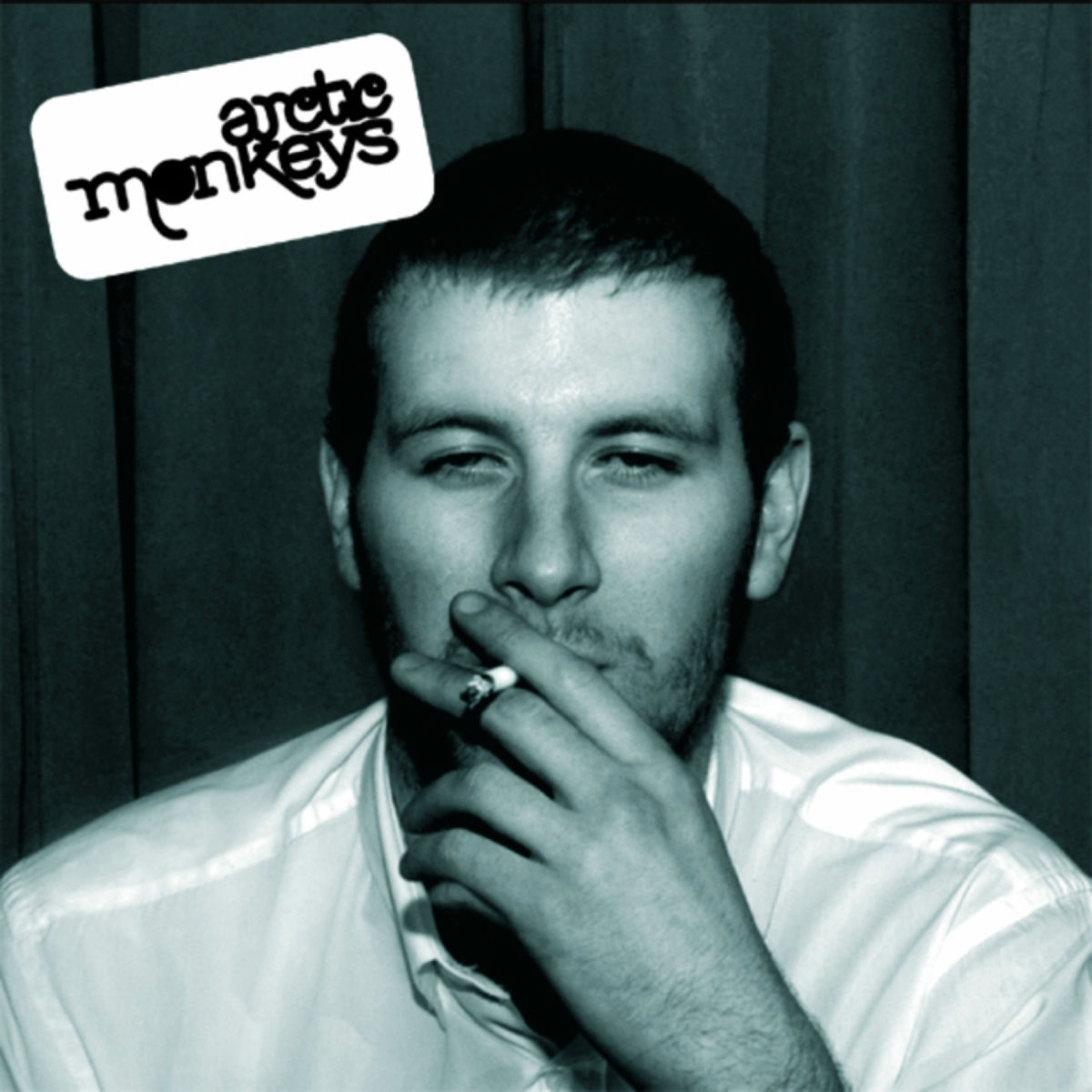The easiest way to get high-school lunchroom laughs on September 5, 1997, was with a Fiona Apple impression. At the previous night's MTV Video Music Awards, she and Chris Tucker -- another fun person to impersonate -- handed out the International Viewer's Choice Awards, but that's not why Apple was a topic of conversation that morning. Instead, it was the way she accepted her Best New Artist In A Video award. "This world is bullshit," she famously told the assembled masses. If you watch the video now, there's something oddly touching about it: a newly minted 19-year-old star attempting to make some sense of her fame and her new place in the world, trying to tell the kids watching that this whole thing wasn't actually all that cool. When she said "this world," it's pretty clear that she meant the world of the MTV Video Music Awards and all they represented, not the actual planet Earth. But none of that mattered. We, the high-school jackals and vultures of the world, had our soundbite. And just like that, "this world is bullshit," replaced "I've been a bad, bad girl" as the most notorious turn of phrase of Apple's entire career.
[videoembed size="full_width" alignment="center"][/videoembed]
It was too easy to make fun of Fiona Apple in 1997. She seemed to fulfill every stereotype of teenage self-seriousness, of the sorts of things that corporations wanted to sell us. She looked like a Calvin Klein model, she wrote pretty songs, and in the "Criminal" video, she came off like a scared kid in a sexed-up, drugged-out stupor, which was a big thing in that moment. It's hard to imagine her sharing stages with Jewel or Meredith Brooks today, but she totally did, holding down a main-stage slot on Sarah McLachlan's inaugural Lilith Fair tour. (The Lilith Fair made a ton of money and changed a lot of lives, but for reasons that had more to do with simple misogyny than anything else, it was the easiest target in the world. The second Lilith Fair stopped within a couple of miles of my house, and it had Liz Phair and Missy Elliott on the bill. Why didn't I at least consider going?) Because of all those things, it was all too easy to dismiss Apple, to laugh at that acceptance speech and at everything else she did. But those of us who did dismiss her missed out on some powerful things -- things that would only become obvious a few years later, when Apple's music was so evidently powerful that we couldn't keep ignoring it. Things like that acceptance speech.
I don't even think I watched the VMAs that year, but I still did the impression. Eyebrows inverted, hands clutched over heart, half-shouting: "This world is bullshit!" Of course, that's not even how she said it, and it's not what she meant. It's easier to remember now: She was a kid, scarcely older than those of us who were making fun of her in high-school lunchrooms. And she'd been through serious traumas. Her whole existence was an unstable one. She'd grown up in one of those itinerant-boho families. She'd been raped at age 12. She'd battled an eating disorder. And here she was, experiencing this strange wave of mass adulation, unsure how to handle herself. You can see that uncertainty in her on the VMA stage: hands fidgeting, voice halting, sometimes trailing off. She quotes Maya Angelou as a way to reassure herself that she's doing the right thing, and then she gives a direct message to any kids who may think that what they're seeing is cool: "Go with yourself. Go with yourself." And then she thanked her mom: "I'm so glad that we're becoming friends," think about how sad a phrase that is. And she acknowledged that she was a part of the bullshit world, too: "It's just stupid that I'm in this world, but you're all very cool to me."
It wasn't the most articulate moment, certainly, but it was a genuine and unscripted one, a time capsule of a moment when MTV would give VMA stage-time to anyone that sincere and unpredictable whose name was something other than Kanye West. And anyway, Fiona Apple didn't need to be articulate that night. On that stage, she simply proved that she's among the many, many artists who are more eloquent when they're making music than when they're simply speaking. Because on Tidal, the album that made Apple famous enough for MTV to put her on that stage, she had bars. "Darling, give me your absence tonight." "I've been careless with a delicate man." "I'll haunt the world inside you." "I'm getting weary of waiting to be consumed by you." Apple was 18 when she released that album and even younger when she wrote many of the songs. And it's just staggering to think that a teenager could write songs that incisive and cutting. She knew what she was doing.
Plenty of us dismissed Apple from the outset and missed out on sentiments like that, but plenty more didn't. Tidal sold three million copies in the United States alone, and it's likely that Apple's songs got thousands of kids -- including Apple herself, possibly -- through difficult times. Because of Alanis Morissette and the other Lilith Fair artists, she had an open pop lane for songs like that to resonate with people. But those songs resonated way beyond their in-the-moment context. Apple didn't come from the same coffeehouse-folk tradition as many of her contemporaries. She didn't come from any tradition, really, though it was obvious that she had strong feelings about torch-song jazz. Musically, she was closer to Portishead than to Paula Cole. She was capable of great beauty, and I can imagine a song like "Never Is A Promise" being a hit for an Adele type today. But there was also a heavy, swirling darkness to those songs. Jon Brion didn't produce the album -- that job went to Sony exec Andrew Slater -- but he did play tons of instruments on it. And Apple's own piano, fluid but hammering, gave her songs a graceful sophistication and a cinematic sweep that her peers just couldn't approach.
She also sang about big feelings in convincing ways. She could sing about typical teenage situations -- on "The First Taste," for instance, it was waiting for some goof to stop fucking around and finally kiss her -- like they were just apocalyptically important. But she also went to darker places. There were sexual power-dynamics at work, both in the songs and in the ways she presented them. The legend goes that Apple wrote "Criminal" in 45 minutes after someone from her label told her she needed a single, and it remains her biggest, most iconic song now. Its combination of guilt and regret and predatory power was a completely new thing; I've still never heard anyone match it. And her voice was something different, too: a deep baritone rumble that could float but could also turn into a gut-scrape roar.
Tidal was a beginning, of course. She'd get better on successive albums. She'd branch out into different, weirder, more adventurous musical ideas, and she'd follow her own voice down different rabbit holes. The slick, lustrous, almost adult-contempo Tidal production would give way to the free-roaming skitter that Jon Brion brought to sophomore album When The Pawn... She'd go quiet for years at a time, and while she'd never again reach the commercial success of Tidal, she'd attain full-on cult status instead. Every time I've seen her live in the past decade or so, people have been practically swooning. That version of Apple wasn't quite there on Tidal, but it's still a powerful, resonant album, and if you ever dismissed it, for any reason, you should do yourself a favor and rediscover it. It might make this world a little less bullshit.
[videoembed size="full_width" alignment="center"][/videoembed]
[videoembed size="full_width" alignment="center"][/videoembed]
[videoembed size="full_width" alignment="center"][/videoembed]
[videoembed size="full_width" alignment="center"][/videoembed]
[videoembed size="full_width" alignment="center"][/videoembed]






